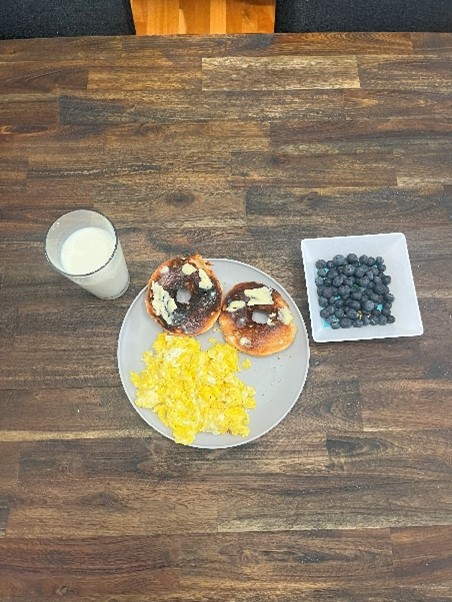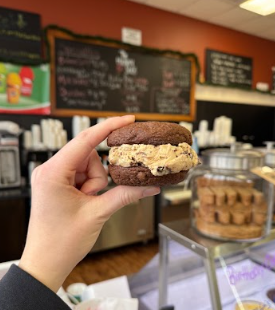Obesity in America has increased majorly over the past years, infecting millions over the U.S., and it’s all due to the American diet. The typical American diet, defined by an excess of items high in calories but low in nutrients, is at the core of this epidemic. Due to intense marketing, widespread availability, and frequently lower costs than healthier options, fast food, sugary drinks, and processed snacks have become standards in many homes. This nutritional change, along with less active lives, has resulted in concerning obesity rates; in 2017, the Center for Disease Control (CDC) estimated that 42% of adults are obese. A typical American diet is low in fruits and vegetables and includes more fat and sodium compared to countries such as Japan. According to PubMed Central, “… this diet consists of large portions, high calories, and excess sugar.” Added sugar is one of the leading factors for weight gain and obesity. Lasalle student-athlete Shea Crawford explains how he doesn’t watch what he eats as he explained: “I eat a ton of sugar during the day and gain no weight.” He went on to explain how he believed that obesity “…is a myth” and wouldn’t stop eating a lot of sugar until he noticed a difference in his body.
Due to their focus on natural, fresh, and healthful ingredients, Japanese cuisine is considered one of the world’s healthiest. Michael Levush, a U.S. Air Force Airman, has been stationed in Japan for around 3 years and noticed an extreme difference in the food. For instance, they consume more fish and plant-based foods than red meat and substitute rice or noodles for bread. As an Airman, Levush takes care of his body by eating right and states, “It’s easier to eat clean in Japan because of the smaller number of preservatives in their food.” Their healthy choices benefit them as they grow older, as the Japanese have a higher life expectancy than Americans due to a lower rate of obesity.
Michelle Levush is a dedicated mother who prioritizes her child’s health and well-being. Levush seeks substitutes for unhealthy items, stating, “I use protein powder pancakes because they are high in nutrition and low in fats. I use Greek yogurt over regular yogurt because it is low in sugars.” By making informed food choices and encouraging healthy eating habits, she hopes to instill a lifelong appreciation for wholesome foods.
We can create a culture where wellness thrives by embracing community support, easily accessible healthy food options, and nutritional education if we listen to Michael Levush and Michelle Levush. People will be empowered, and a more vibrant, health-conscious society will be produced by initiatives prioritizing wellness prevention and cultural changes that value wholesome food so we can lower the percentage of obesity in America.





